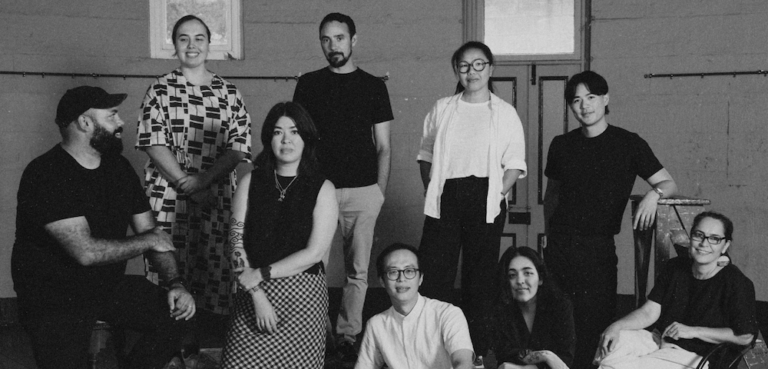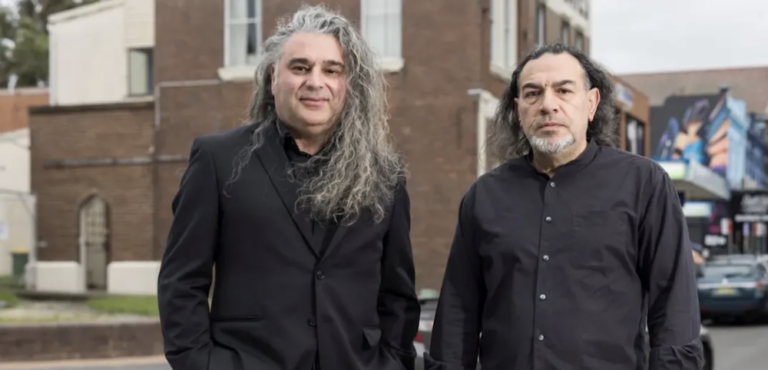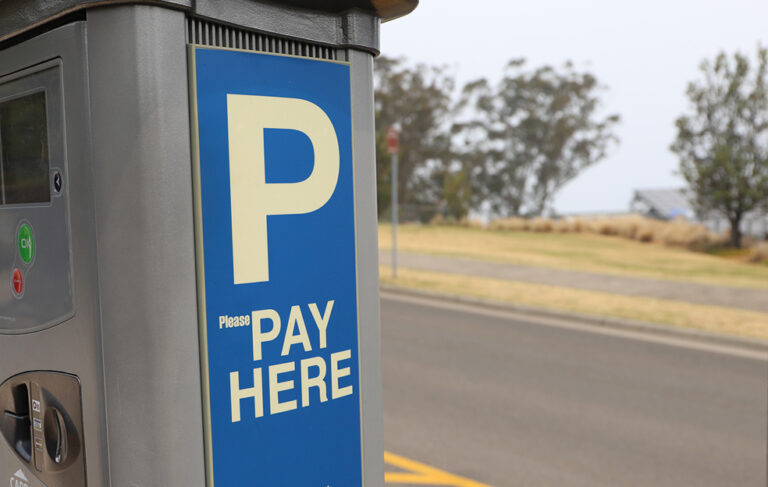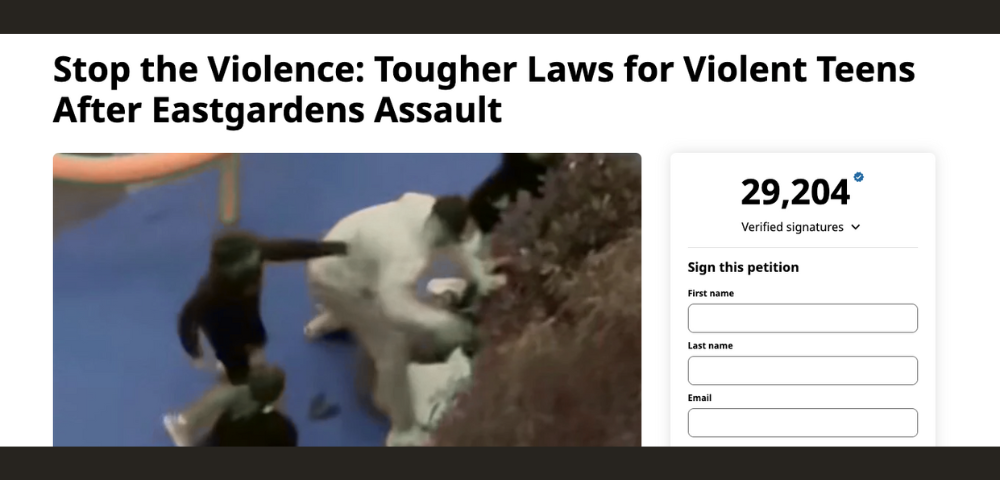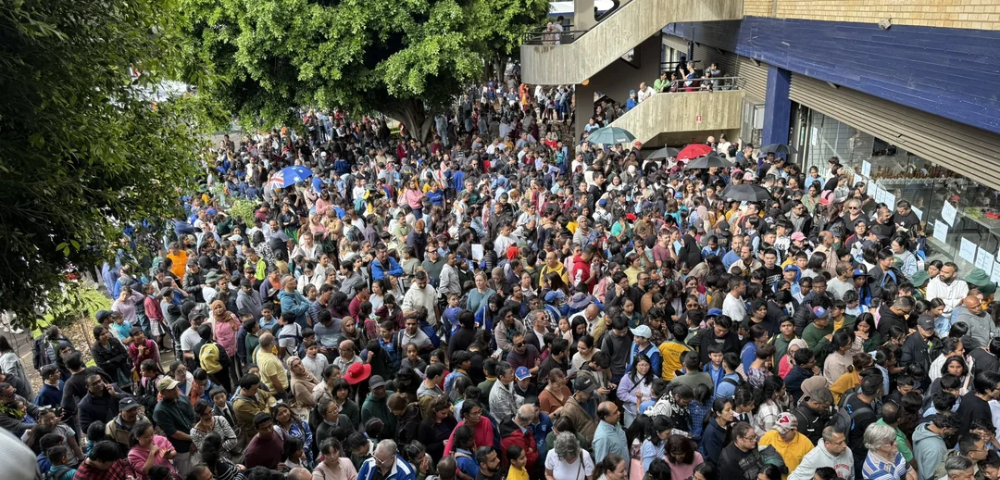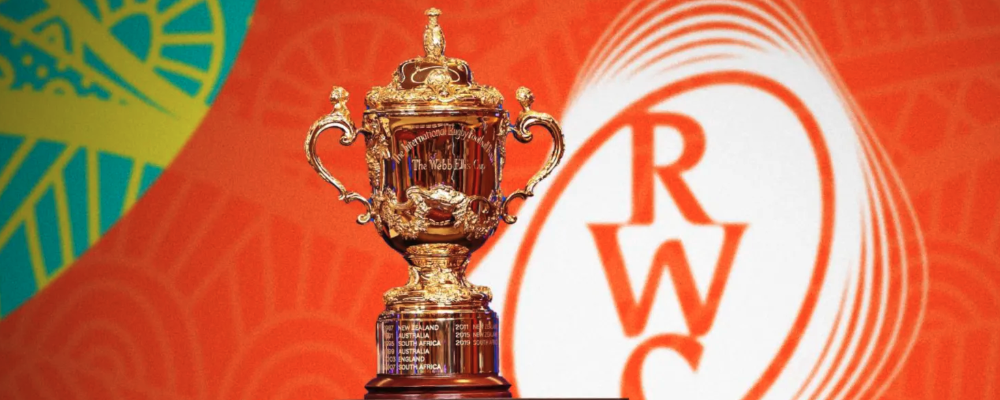
Two wars, two mindsets, same results
When someone straps on a gun and goes to war they begin a dance with death, entering a different world.
Those who survive count their lucky stars. Those who don’t, leave their families and loved ones in mourning while society rightly honours them as heroes who paid the ultimate price defending… something.
That’s where it gets tricky. Those who start a war and send warriors to an early death bear an immeasurable responsibility.
Some wars are just. When a nation is invaded by a power-hungry aggressor, even pacifists may see a valid reason to strap on that gun and defend it.
Right now Australians are counting their dead from two wars. Both were started by conservative American presidents – George W Bush and Richard Nixon – and they are not clearly just.
The war in Afghanistan and the War on Drugs have a lot in common besides their casualties. Drugs are central to both wars. The invasion of Afghanistan freed poor farmers to grow profitable poppies, the raw material of a global trade that makes profits approaching 2,000 percent thanks to US-driven prohibition.
Both wars are unwinnable according to many. Both bear the hallmarks of ideology, of a moral crusade.
The media love it, wallowing in mawkish sentiment as they follow each body back from the Middle East, filming memorial services at each stopover along the way, upon arrival, and at the funeral, accompanied by minor piano triads or gushing synthesiser washes and obligatory shots of grief-stricken relatives tearing up, all privacy abandoned. One national news broadcast last week covered no fewer than three memorial services, a convenient replacement for actual news.
Similarly, when Detective Crews was fatally shot in the arm, head and neck last week during a “routine” drugs raid, the media, politicians and senior police unleashed a flood of tributes to a fallen hero, a perfect and noble young man cut down in his youth while defending us against the bad guys, conveniently named Nguyen and Geehad.
And a local newspaper editor was sacked for gloating on Facebook about increased circulation because Detective William Crews came from his town.
Embarrassingly, no drugs were found and it turned out Detective Crews had been killed under “friendly fire”. His unfortunate killer is now also a casualty, bearing a lifelong guilt. [Days later, drugs had reportedly been found “within the grounds of the unit”]
But here the media treatment of the two wars sharply diverges. Every soldier killed or maimed in Afghanistan sparks a hot debate about whether we should be in the war at all. Is it worth the price?
Detective Crews’ death triggered discussion about police procedures, police Intelligence, police body armour and gun control – but not a single word on whether the War on Drugs is worth the price.
Since Nixon declared the War in 1971, recreational drug use has exploded in western countries. As one Kings Cross Police Superintendent put it some years ago, “For every dealer we put away, eight more pop up to replace him”. Similarly in Middle East wars, every civilian killed in crossfire spawns another suicide bomber.
Yet Drug War propaganda has been so effective that few question whether this futile war is worth the cost in lives, money and jailings.
We mourn one death in Australia. In Mexico, a focus of the international drug trade, 28,000 people have died in recent years as drug cartels, police and the army fight it out funded by US dollars on both sides – illicit profits for the cartels and billions in government-to-government subsidies.
There, the War on Drugs is being increasingly challenged. How many deaths will it take before Australia wakes up?
by Michael Gormly
More on drug prohibition at kingscrosstimes.blogspot.com
To hear from police professionals who understand that the War on Drugs does more harm than drug abuse itself, visit Law Enforcement Against Prohibition (LEAP)
